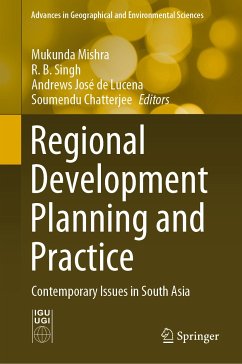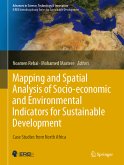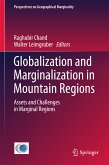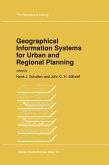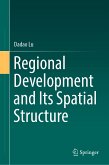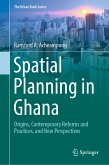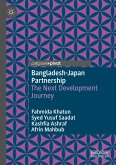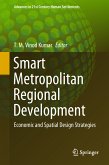This book, through a bunch of systematic and analytical notes and scientific commentaries, acquaints the readers with the innovative methods of regional development, measurement of the development in regional scale, regional development models, and policy prescriptions. Conceptualizing development as a regional process is a geographer's brainchild, and the sense of region has long been rooted deeply in the fundamental research practices that geographers are accustomed to. The geographical perspective of regions entails conceptualizing them nested horizontally as the formal region and hierarchical relationships in space with spatial flows or interactions as the functional region. In geographical research, the region works as a tool by serving as a statistical unit of analysis. More importantly, however, regions serve as the fundamental spatial units of management and planning by specifying a territory or a part of it for which a certain spatial development or regulatory plan is sought.This book addresses the complex processes in different regions of the world, particularly South Asia, to perceive the regional development planning involved and the sustainable management practiced there. The book is a useful resource for socio-economic planners, policymakers, and policy researchers.
Dieser Download kann aus rechtlichen Gründen nur mit Rechnungsadresse in A, B, BG, CY, CZ, D, DK, EW, E, FIN, F, GR, HR, H, IRL, I, LT, L, LR, M, NL, PL, P, R, S, SLO, SK ausgeliefert werden.

